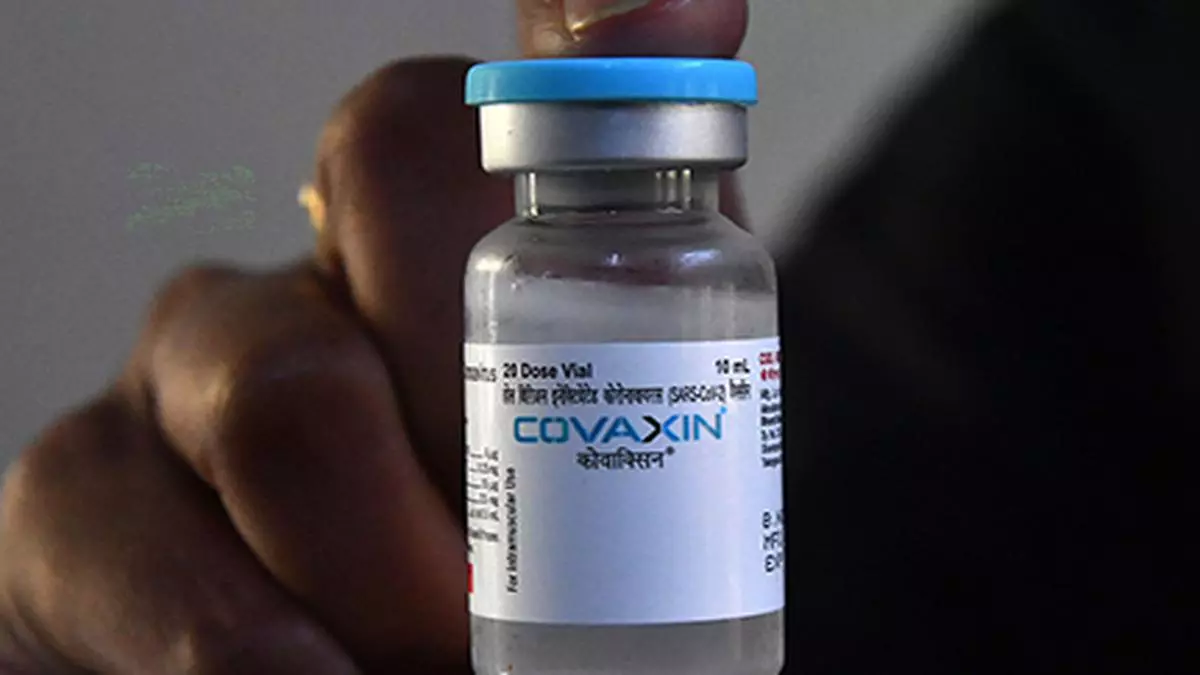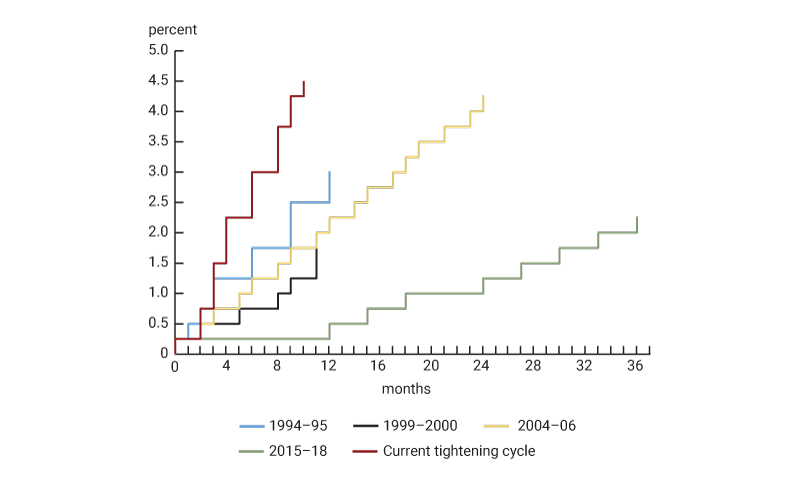Troubles do not seem to end for Byju’s, an edtech business that set all unicorns a poor example with its reckless pursuit of growth that left it floundering. Its latest headache arose from foreign shareholders of its parent entity Think & Learn (T&L) and big-ticket acquisition Aakash Education Services. As reported by Mint, global investment group Prosus, a T&L shareholder, and US private-equity major Blackstone, which owns a slice of Aakash, have both objected to the conversion terms of business tycoon Ranjan Pai’s $250-300 million of debt in Aakash into equity. Last week, the board of Aakash had approved that proposal, although it hasn’t yet taken effect. In contention is the valuation at which this would happen. On conversion, Pai’s stake in Aakash would rise to a little under 40%, valuing this business at ₹4,500-4,800 crore (around $600 million). This is far lower than the $950 million that Byju’s had paid to acquire Aakash in 2021. A markdown in value of more than a third in barely three years may be hard to digest for equity holders, especially when Aakash, the group’s crown jewel, posted a 40% rise in revenue to ₹1,491 crore and logged a profit of ₹80 crore in 2021-22, in sharp contrast with T&L (Byju’s is technically its brand), whose consolidated loss surged by four-fifths to ₹8,245 crore, as long-delayed results show, on overall income of under ₹5,300 crore.
That investor protest, however, sounds odd in the context of Byju’s bigger crisis. The business’s loan repayment record has been patchy and some of its overseas lenders recently filed insolvency pleas against T&L. Among them is a group that had extended a $1.2-billion term loan. Separately, Teleperformance Business Services Ltd, the Indian unit of a French firm, is suing T&L as an operational creditor. If court proceedings get initiated, it would surely weigh heavily on the value that can be extracted from India’s top edtech enterprise. And a write-down for T&L would likely mean a deep value cut for Aakash as well, regardless of the latter’s own financial results. Creditors would want recourse to all its assets, as is usually the case, to recover their dues. Though T&L’s stake in Aakash would drop below Pai’s after the debt conversion, it may not prove easy to keep the acquired unit away from creditor clutches. This looming risk should imply a valuation drop, even if efforts are made to ring-fence Aakash. It was in an effort to keep firm control of this student coaching chain that Byju’s needed Pai’s support of a loan that helped pay off dues to global lender Davidson Kempner, which had sought to gain a board-level say. The irony is how badly Aakash’s acquirer has fared.
Byju’s fall from grace has been dramatic. In October 2022, it was valued by investors in a funding round at $22 billion, a variable that Blackstone recently reduced to $1 billion. In a scramble for funds, T&L has announced a rights issue of shares “essential to prevent any further value impairment and to equip the company with necessary resources,” in the words of CEO Byju Raveendran. The value of T&L implied by the rights’ pricing will now be between 1% of its peak figure and a quarter of Blackstone’s last revision, as reports indicate, depending on how well existing investors respond. This in itself holds a lesson for seekers of scorching growth. Byju’s went all out to make the most of a great pandemic opportunity in online learning. On paper, it had everything going for it. But in practice, it couldn’t keep the flames in control.















